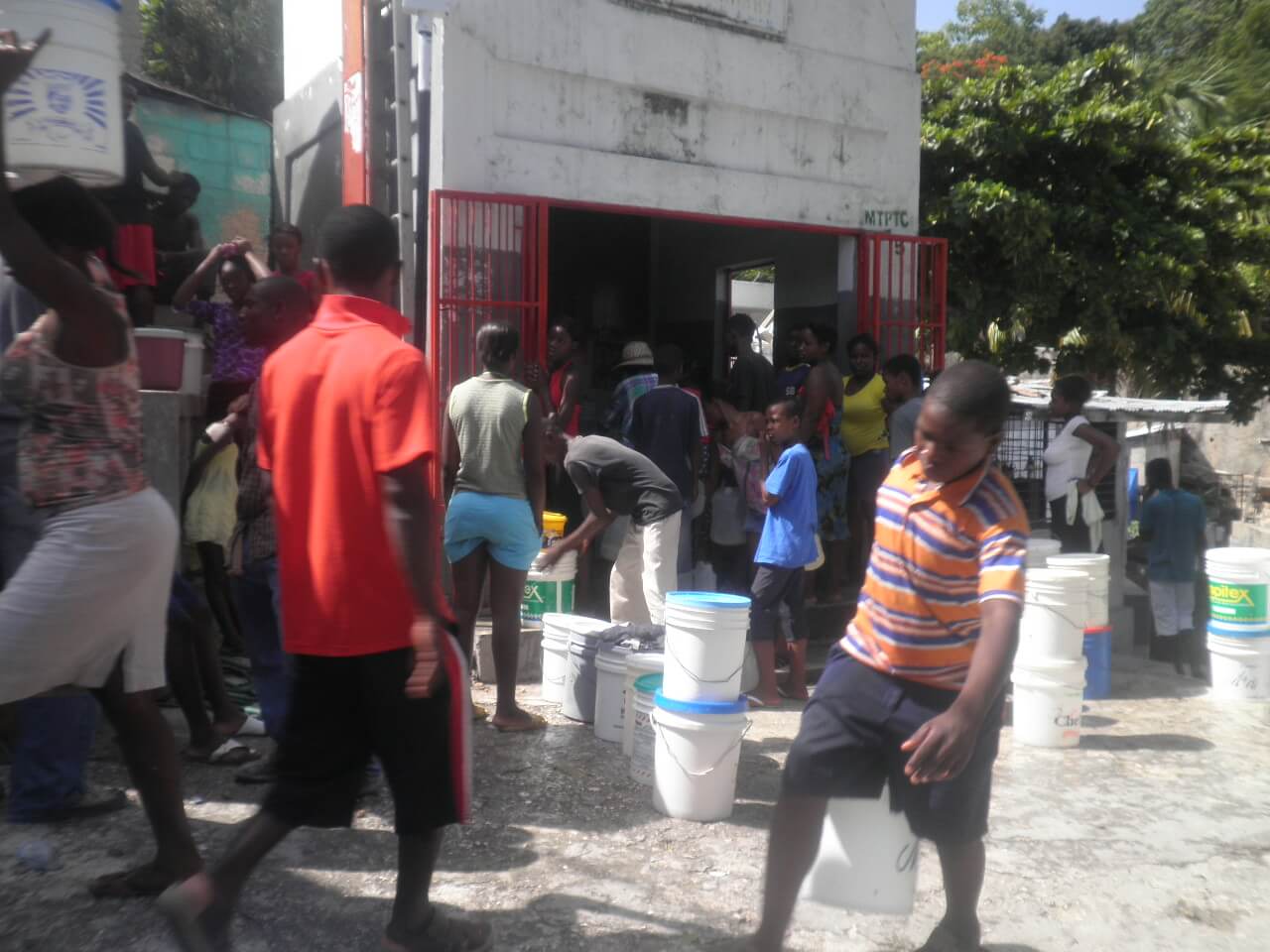 There is a misconception that the cholera epidemic in Haiti is over. While the media coverage of the cholera epidemic has all but stopped, the spread of cholera has not. It still threatens hundreds of people’s lives everyday.
There is a misconception that the cholera epidemic in Haiti is over. While the media coverage of the cholera epidemic has all but stopped, the spread of cholera has not. It still threatens hundreds of people’s lives everyday.
Over 600,000 people in Haiti have contracted cholera – a waterborne disease that causes severe diarrhea and dehydration — since the outbreak began in 2010. Over 7,400 people have died as a result.
The cholera epidemic is not over and more people will continue to fall ill. In a recent report to the UN Security Council, the World Health Organization has projected there could be up to 112,000 cholera cases in 2012 throughout Haiti. Due to Tropical Storm Isaac and the rainy season, the number of reported cholera cases over the past two weeks has doubled. According to the U.N. Office for the Coordination of Humanitarian Affairs, there have been nearly 180 cases of cholera per day between August 24 and 29. Before August 24 there were roughly 78 cases daily.
Despite the fact that cholera is still spreading, and now at a faster rate again, UN presence has been reduced and funding for non-profits has slowed.
Cholera is extremely prevalent in countries that lack basic forms of infrastructure and water systems. 40% of people in Haiti do not have access to clean, safe water. The Haitian Government and their non-profit partners need funds to build water treatment systems so everyone in Haiti has access to clean water. Until Haiti receives the resources to improve their water treatment systems, cholera will exist and spread with each new storm.
By tackling the route of transmission, untreated water, we can eliminate cholera in Haiti. It is essential to bring the people of Haiti the means and know how to achieve clean water in order to secure a safer and healthier future.
